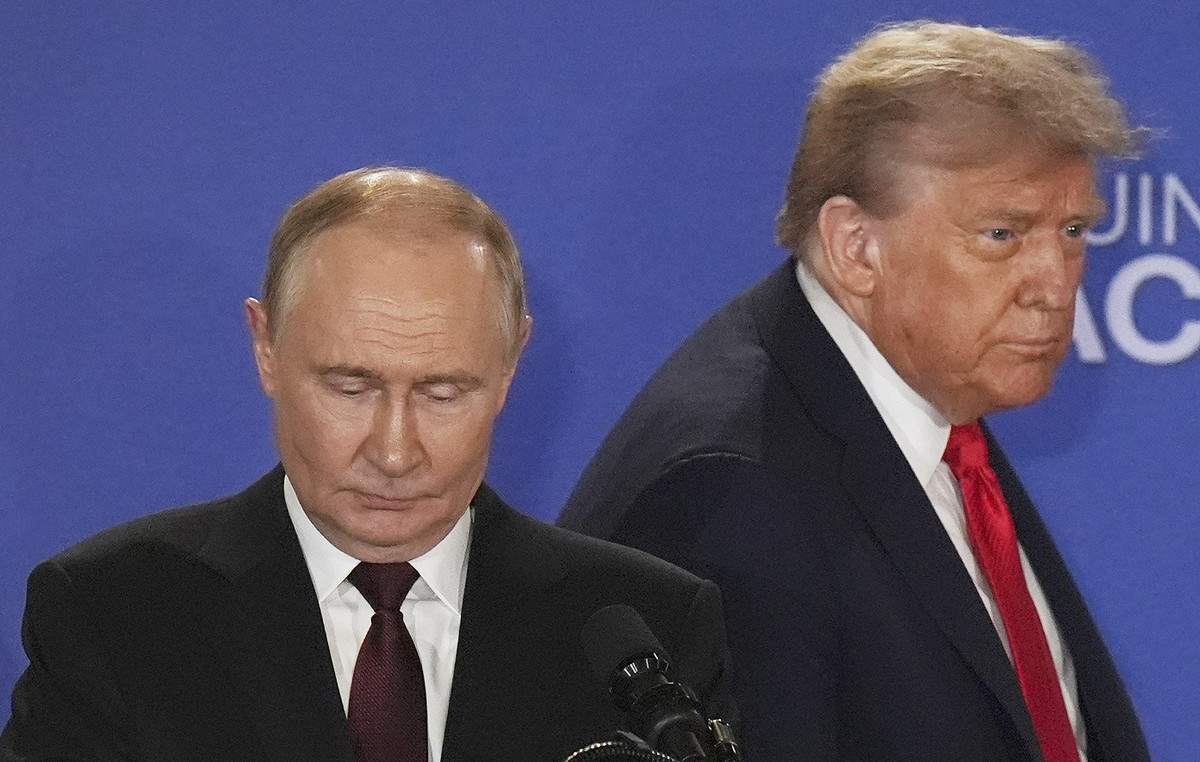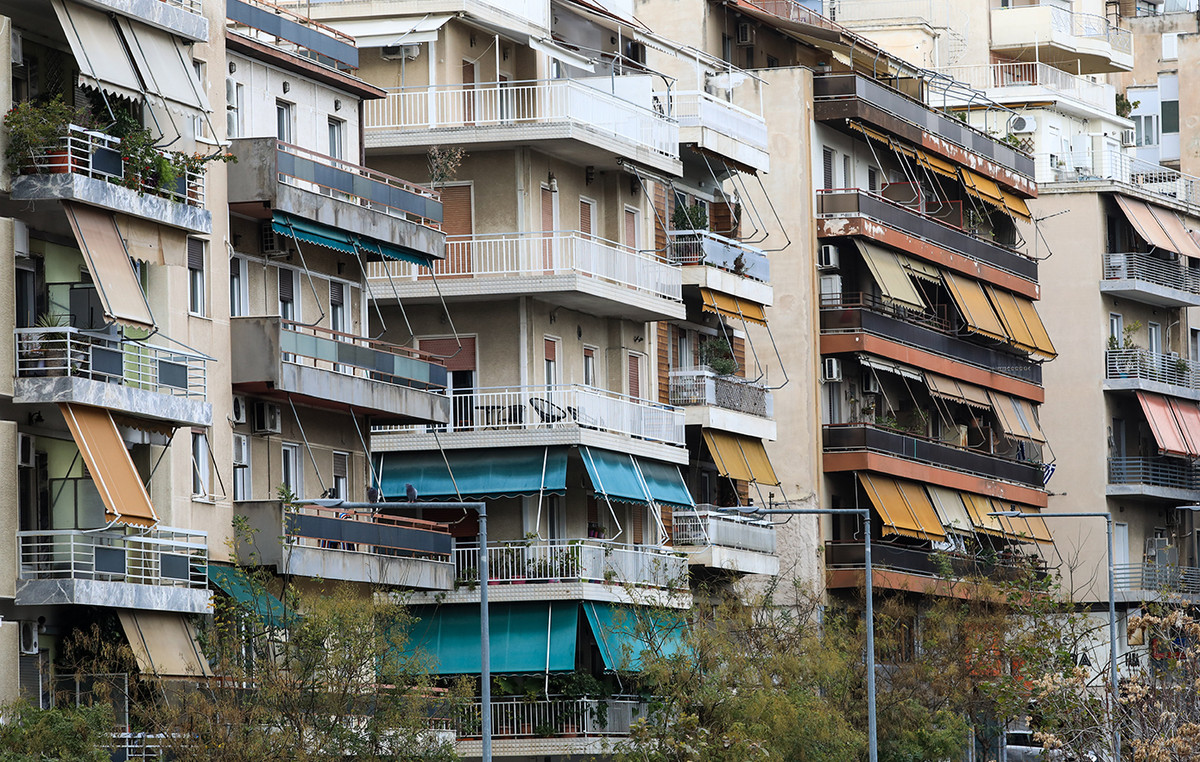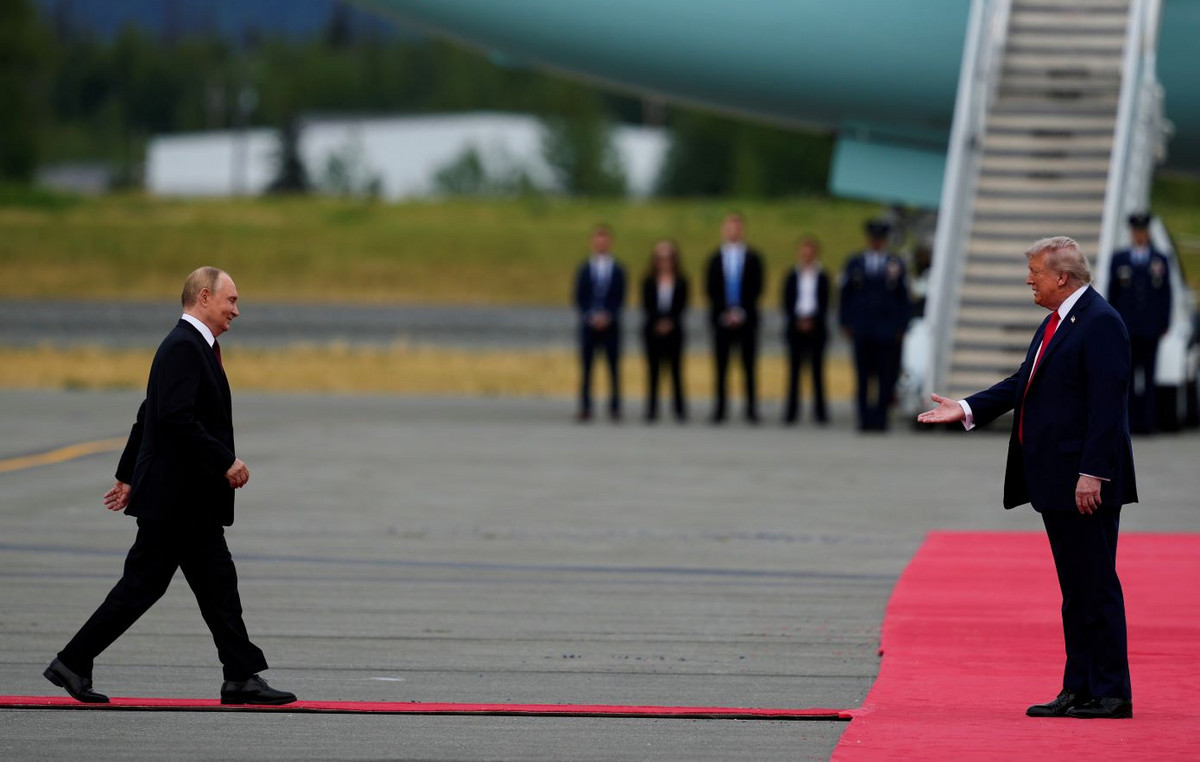Thai Prime Minister Prayut Chan-o-cha has temporarily stepped down as the country’s leader but remains as defense minister, according to a government spokesman.
The unusual leadership change follows a ruling by Thailand’s Constitutional Court on Wednesday that ordered Prayut to stand aside while it considers whether he violated the newly written eight-year term limit in the Constitution.
Prayut took over as prime minister after a military coup in 2014, before winning a controversial general election in 2019.
Meanwhile, he ordered the kingdom’s constitution to be rewritten, banning the prime minister from serving more than eight years in office. But the question now is whether Prayut violated its own boundary.
Earlier this week, the court accepted a petition signed by 172 opposition lawmakers that claims Prayut’s rule began in 2014, when he took power via a coup. The court will likely also consider whether his term officially began in 2017, when the constitution was rewritten, or even in 2019, after the election.
Five of the constitutional court’s nine judges agreed Wednesday that Prayut should be suspended while the court considers the matter, but did not provide a timeline for the decision.
The court gave Prayut 15 days to file a counter-statement on why he should keep his job once he formally received the court document.
In a statement, Prayut’s office said it respected the court’s decision.
The order “will not affect the administration of the nation, the work carried out by public officials, or the government’s ongoing policies,” the statement said.
Who’s in charge now?
Deputy Prime Minister Prawit Wongsuwan will take over as prime minister as the court ponders the final verdict, government spokesman Anucha Burapachaisri told reporters on Wednesday. Prawit himself is a former army chief and longtime supporter of the Thai monarchy.
New elections are scheduled for May next year, according to the Constitution, but the incumbent prime minister still has the power to call early elections by dissolving the elected House of Representatives.
Prayut has survived four votes of no confidence in recent months and appeared poised to remain in power until elections, said Thitinan Pongsudhirak, a professor at Chulalongkorn University in Bangkok.
But critics say it’s time for him to go.
“There has been economic mismanagement, politics is still polarized, as in the last eight years since he was prime minister – or since he was called prime minister – Thailand has not done well,” Thitinan said.
While youth-led protests appear to have subsided lately, he said this was because some of the movement’s leaders were prosecuted and grievances about Prayut’s government remain.
Why is Prayut unpopular?
Prayut’s rule as leader of the military coup who became prime minister was marked by growing authoritarianism and growing inequality.
The former military chief came to power in a bloodless coup in 2014 that toppled the scandalous government of Yingluck Shinawatra after six months of civil unrest and violent street protests.
But shortly after taking office, Prayut banned all political campaigns, including political gatherings of more than five people. During his leadership, hundreds of activists were arrested and charged under harsh laws such as sedition or lese majesty – which prohibits criticism of the royal family.
In 2020, young people across the country defied threats from the military-backed government and took to the streets to call for Prayut’s resignation. The mass protests were the result of failed promises to restore democracy and what activists say is a crackdown on civil rights and liberties.
The military government’s mismanagement in handling the coronavirus pandemic and economy, nepotism and a lack of transparency and accountability, also amplified calls for Prayut to step down.
Dissatisfaction with the kingdom’s military rule and monarchy continued until 2021.
King Maha Vajiralongkorn, who took the throne in 2016 and was crowned in May 2019, is believed to have spent much of his time abroad and been absent from public life in Thailand as the country grappled with the coronavirus pandemic.
Since becoming king, billions of dollars in assets held by the Thai crown have been transferred to Vajiralongkorn, asserting his control of royal finances and vastly increasing his personal wealth, which has drawn the ire of the public who are supposed to revere the monarchy.
Source: CNN Brasil
I’m James Harper, a highly experienced and accomplished news writer for World Stock Market. I have been writing in the Politics section of the website for over five years, providing readers with up-to-date and insightful information about current events in politics. My work is widely read and respected by many industry professionals as well as laymen.







